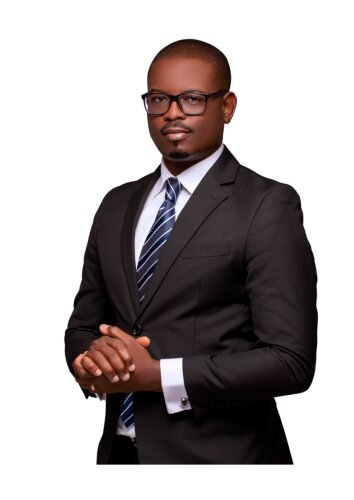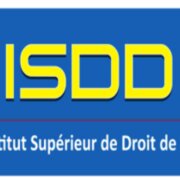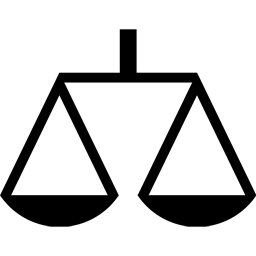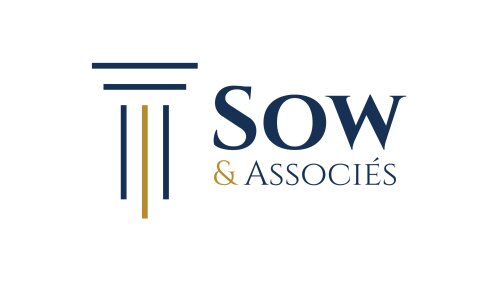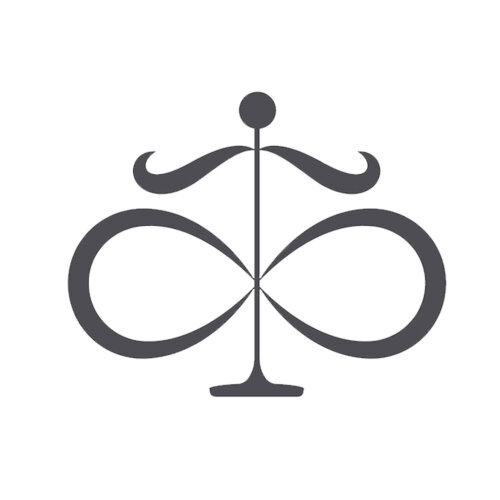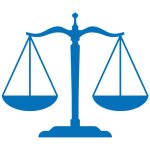Best Communications & Media Law Lawyers in Dakar
Share your needs with us, get contacted by law firms.
Free. Takes 2 min.
List of the best lawyers in Dakar, Senegal
About Communications & Media Law in Dakar, Senegal
Communications and Media Law in Dakar, Senegal covers the legal frameworks that govern how information is created, shared, and consumed across various mediums such as newspapers, radio, television, online platforms, and telecommunications. This field is designed to balance the right to freedom of expression with the need to protect public order, individual reputation, privacy, and national security. Dakar, as the capital of Senegal and a key hub for West African media, is home to a dynamic and regulated media landscape that is subject to both national laws and a growing body of jurisprudence.
Why You May Need a Lawyer
There are several scenarios in which individuals, journalists, media companies, and businesses may need legal assistance in the field of Communications and Media Law in Dakar, Senegal. You may require a lawyer if you are facing defamation claims, intellectual property disputes, content take-down notices, regulatory investigations, or allegations of broadcasting without a license. Lawyers can also guide you through compliance with media licensing, data protection laws, advertising regulations, and digital media restrictions. Whether you are starting a new publication, launching a telecommunications service, or responding to litigation, legal advice ensures you are operating within the law and helps protect your rights and interests.
Local Laws Overview
Senegal’s legal framework for communications and media is guided primarily by the national constitution, specialized statutes, and regulations enforced by oversight bodies like the Conseil National de Régulation de l’Audiovisuel (CNRA). The Press Code governs print, online, and broadcast journalism, articulating standards for journalistic ethics, licensing requirements, and the responsibilities of media outlets. Defamation and insult remain offenses under criminal law, although local and international organizations have advocated for reforms. The Telecommunications Code regulates phone and internet service providers to ensure fair competition and consumer protection.
Specific legal requirements also control advertising content and mandate respect for privacy and data protection under evolving laws. Foreign investment and ownership in media may be subject to additional scrutiny. In recent years, regulations related to digitization, social media content, cybercrimes, and misinformation have gained prominence, affecting both traditional and online communications. Navigating these complex laws often requires professional legal insight, especially as Senegal adapts to new technological trends.
Frequently Asked Questions
What does Communications and Media Law encompass in Senegal?
This area of law covers print, broadcast, and online media, telecommunications, advertising, intellectual property, privacy, freedom of expression, and regulatory compliance for all entities disseminating information to the public.
Do I need a license to operate a media outlet in Dakar?
Yes, all television, radio stations, and many types of online publications require licenses from appropriate regulatory bodies before beginning operations.
What are the main regulators for media and communications in Senegal?
The main regulators are the CNRA for broadcast media and the Autorité de Régulation des Télécommunications et des Postes (ARTP) for telecommunications. Additional government bodies may be involved, particularly for data protection and information technology.
Is defamation a criminal offense in Dakar, Senegal?
Yes, defamation and insult can be prosecuted under the criminal code, especially if directed at public authorities or individuals. Legal reforms are ongoing, but criminal liability remains possible.
Can online posts cause legal problems for individuals or companies?
Yes, both individuals and companies can face legal actions for defamatory statements, privacy violations, or breaches of content regulations through digital platforms and social media.
Are there restrictions on foreign ownership of media companies?
Foreign participation in media enterprises is regulated and may be subject to approval from authorities. The degree of restriction depends on the type of media and current government policy.
What rights do journalists have regarding information gathering?
Journalists are protected under the Press Code and Constitution, but must observe lawful procedures, verify information, and respect privacy laws. Certain information, such as on national security, remains restricted.
How is advertising regulated in Dakar, Senegal?
There are specific rules for advertising content to ensure public order, prevent misleading claims, and protect minors. Some products or services cannot be advertised, and breaches can result in fines or bans.
What should I do if I receive a legal notice or lawsuit related to content?
Immediately consult with a lawyer experienced in media law to assess the notice or suit, understand your rights and obligations, and develop a response strategy to mitigate legal and reputational risks.
How can I protect my digital content and intellectual property?
Ensure your work is registered where appropriate and include clear notices of copyright. If infringement occurs, a qualified lawyer can guide you through enforcement options under Senegalese law.
Additional Resources
Individuals and organizations seeking advice or information on Communications and Media Law in Dakar can turn to several resources:
- Conseil National de Régulation de l’Audiovisuel (CNRA) - for broadcast media licensing and regulation
- Autorité de Régulation des Télécommunications et des Postes (ARTP) - for telecommunications and digital services regulation
- Ministry of Communication, Telecommunications, and Digital Economy - for overall policy and legislative guidance
- Union des Radios et Télévisions Libres du Sénégal (URTEL) - representing private broadcasters
- Professional associations of journalists and lawyers specialized in media law
- Legal aid clinics and university law faculties in Dakar offering media law expertise
Next Steps
If you believe you need legal advice or support in matters related to Communications and Media Law in Dakar, Senegal, it is important to:
- Gather all relevant documents, notices, or evidence related to your issue
- Identify the specific area of law your matter concerns (such as defamation, licensing, digital content, etc.)
- Contact a legal professional or law firm with expertise in media and communications law
- Seek an initial consultation to understand your legal position and available options
- Stay informed of current changes in media and communication regulations in Senegal
- Proactively address compliance to avoid future disputes, particularly as technology and laws evolve
Taking these steps will ensure that your interests are protected and that your work in communications and media complies fully with Senegalese law.
Lawzana helps you find the best lawyers and law firms in Dakar through a curated and pre-screened list of qualified legal professionals. Our platform offers rankings and detailed profiles of attorneys and law firms, allowing you to compare based on practice areas, including Communications & Media Law, experience, and client feedback.
Each profile includes a description of the firm's areas of practice, client reviews, team members and partners, year of establishment, spoken languages, office locations, contact information, social media presence, and any published articles or resources. Most firms on our platform speak English and are experienced in both local and international legal matters.
Get a quote from top-rated law firms in Dakar, Senegal — quickly, securely, and without unnecessary hassle.
Disclaimer:
The information provided on this page is for general informational purposes only and does not constitute legal advice. While we strive to ensure the accuracy and relevance of the content, legal information may change over time, and interpretations of the law can vary. You should always consult with a qualified legal professional for advice specific to your situation.
We disclaim all liability for actions taken or not taken based on the content of this page. If you believe any information is incorrect or outdated, please contact us, and we will review and update it where appropriate.



